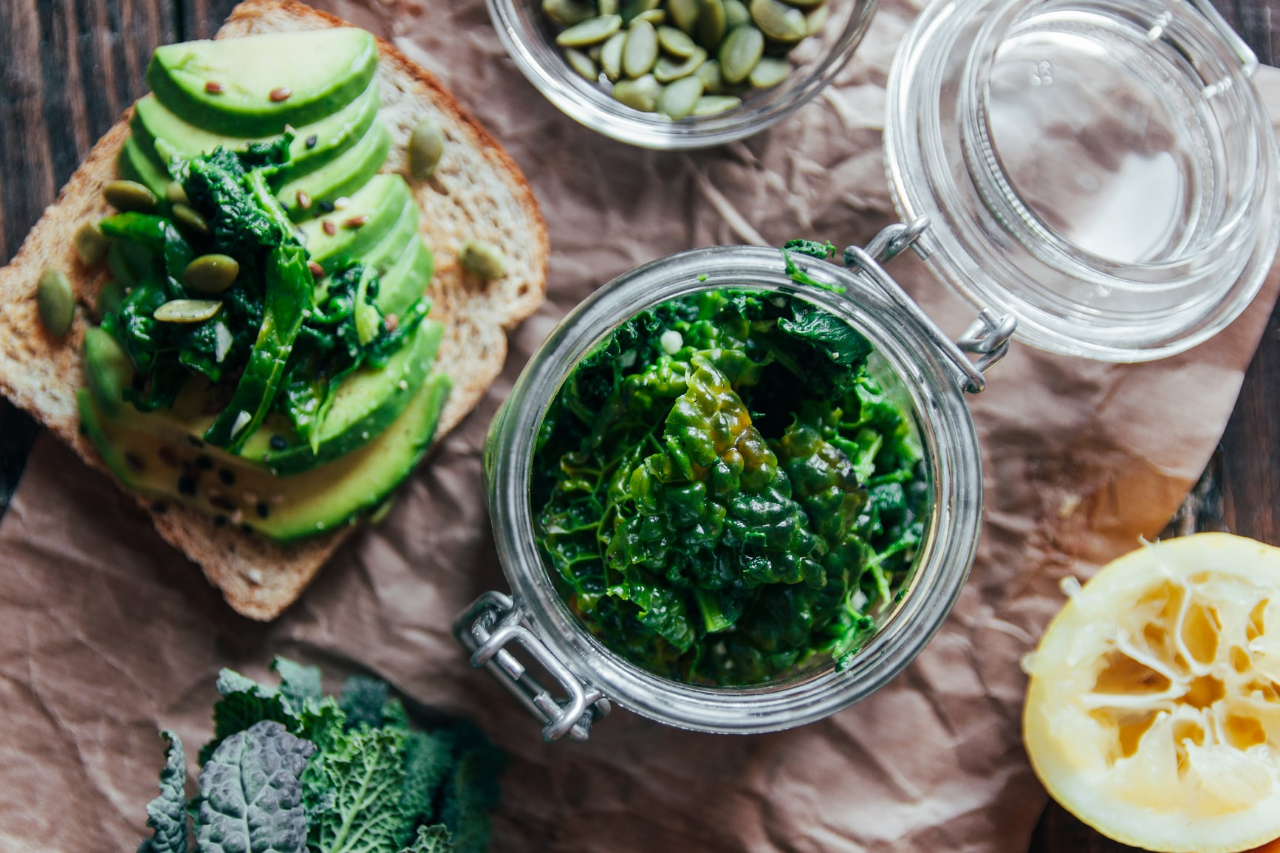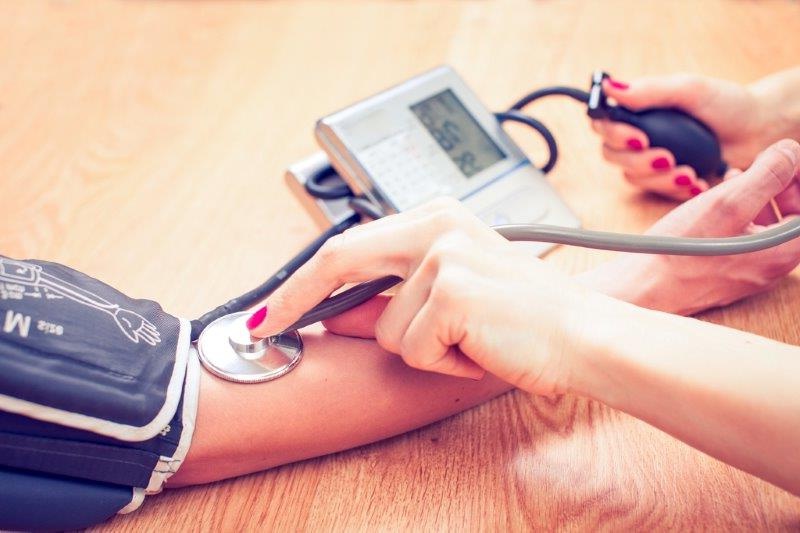-
Colonoscopy is a procedure used to examine your colon, or large bowel.
It’s a very safe procedure and complications are rare. In fact, most people can go home shortly afterwards.
Colonoscopy explained
Before the procedure, you’ll be given a sedative through a small tube that is inserted into a vein (intravenous cannula) so that you are relaxed and drowsy. Many people don’t have any recollection of the procedure or feel any pain.
A medical specialist, usually a gastroenterologist, then guides a colonoscope, a long thin tube with a tiny camera on the end, through your anus into your lower bowel.
Images from the camera are then transmitted onto a screen so the doctor can examine the lining of your lower bowel.
If the doctor sees any polyps (small growths on the lining of the colon) during the colonoscopy, they are usually able to remove them straightaway using a tiny wire loop passed through the colonoscope. The doctor may also take a biopsy, a tiny piece of the inside of your bowel, to look at under a microscope to see if there are any changes to your bowel tissue that may indicate disease.
The procedure generally takes 15-30 minutes.
What is colonoscopy used for
Colonoscopy is generally a diagnostic test, and is used to find the cause of symptoms such as:
- bleeding from the rectum
- blood in the stools
- pus or mucus in the stools
- unexplained abdominal pain
- changes in bowel habits such as unexplained and long-lasting diarrhoea.
It is also commonly used to screen for bowel cancer.
The risks
A colonoscopy is a relatively safe procedure, but like any surgery, there is always an element of risk. Serious complications like bowel perforation are rare. Other complications like bleeding can occur in slightly more cases – around 1 in every 400 cases. The bleeding usually resolves itself on its own, but occasional you may have to be admitted to hospital for treatment.
Some people may also experience complications related to the sedative.
Preparing for a colonoscopy
It’s important to prepare properly for a colonoscopy so your doctor can clearly see the lining of your lower bowel during the procedure.
Your doctor will give you specific instructions for preparing depending on your circumstances.
Most people are asked to drink a bowel preparation the day before the procedure. The preparation causes diarrhoea in order to empty the bowel, so it’s best to drink the solution at home near a toilet.
Most people will be told not to eat solid foods and only drink clear fluids the day before to ensure the bowel is empty for the procedure.
Before the procedure, speak with your doctor about any medications you are on, particularly any blood thinning medications like warfarin or aspirin.
Recovering from a colonoscopy
The effects of the sedative will take a few hours to wear off. You should not drive, travel alone on public transport, operate machinery, sign legal documents, or drink alcohol for 24 hours afterwards.
Organise for a family member, friend or carer to accompany you to the day ward so they can speak to your doctor about how the procedure went and accompany you home.
You might have minor abdominal discomfort for up to 24 hours. If you experience any severe abdominal pain, or heavy bleeding from the back passage, or any other symptoms that cause you concern, contact your doctor.
You should get your full results and follow up advice at your follow-up appointment.
At Medibank, we know that going to hospital can be a challenging time. If you are a Medibank member with hospital cover, you can call a Medibank nurse with any health question you or your family may have, 24 hours a day, seven days a week. Our nurses can help you in the lead up to your hospital stay to understand your surgery. They can also assist after you get home with any recovery and rehab queries. To speak to a Medibank Nurse call 1800 644 325. You can also get more information and advice about preparing for hospital and recovering well here.
Common procedures explained: Colonoscopy

http://www.cancerscreening.gov.au/internet/screening/publishing.nsf/Content/about-colonoscopy
http://healthywa.wa.gov.au/Articles/A_E/Colonoscopy
https://www.betterhealth.vic.gov.au/health/conditionsandtreatments/colonoscopy
https://www.healthdirect.gov.au/colonoscopy
http://www.nhs.uk/conditions/bowel-cancer-screening/Documents/Having-a-colonoscopy.pdf
-
Am I just worried, or is it anxiety?
Understand what’s healthy when it comes to feeling anxious.
-
Where to get health support in Australia
An Overseas Student Health Cover member’s guide to key health services and when to use them.
-
How can Australian pharmacies help you?
What can you buy at a pharmacy? Do you need a prescription? Can pharmacists identify health conditions? Everything international students need to know about pharmacies in Australia.
-
How to prevent type 2 diabetes with diet
Diet plays an important role in the prevention and management of type 2 diabetes. Here’s what you should and shouldn’t eat.
-
High blood pressure: how health cover can help
Put your health cover to use
-
Why you should get the 2023 flu vaccine
More than three years on from the start of the COVID-19 pandemic, getting a flu jab this winter is even more important. Here’s why.
Subscribe to receive the best from Live Better every week. Healthy recipes, exercise tips and activities, offers and promotions – everything to help you eat, move and feel better.
By clicking sign up I understand and agree to Medibank's privacy policy






